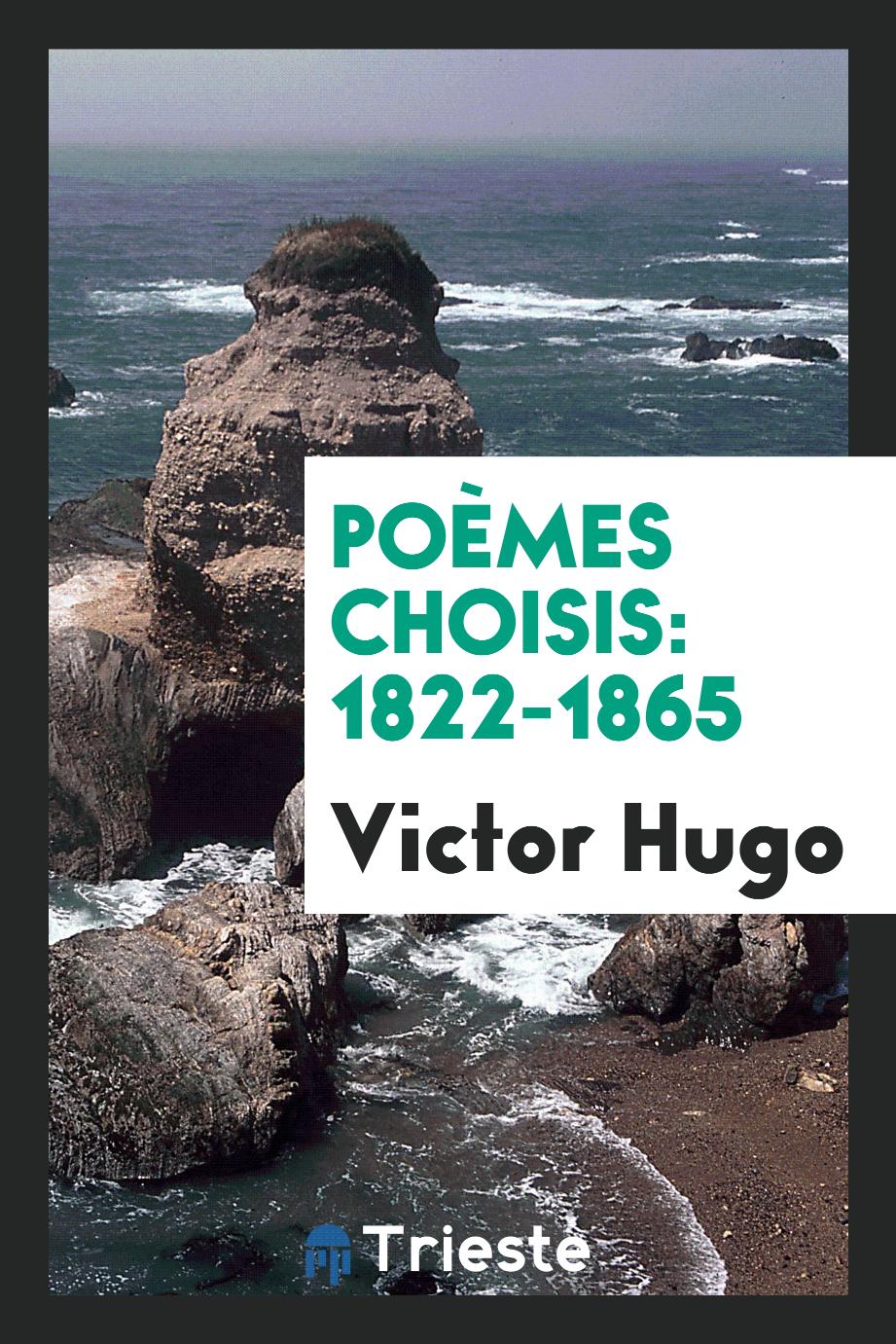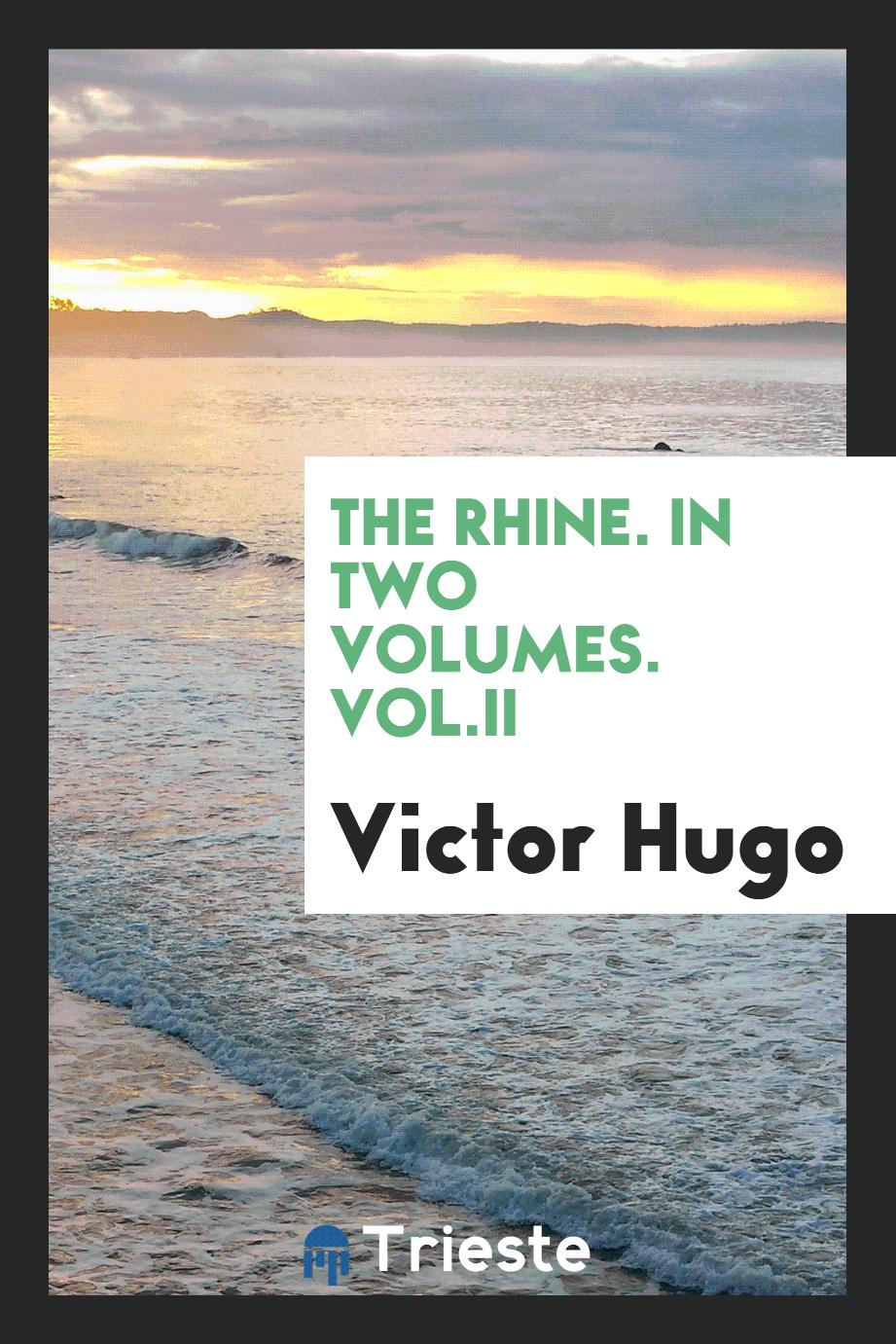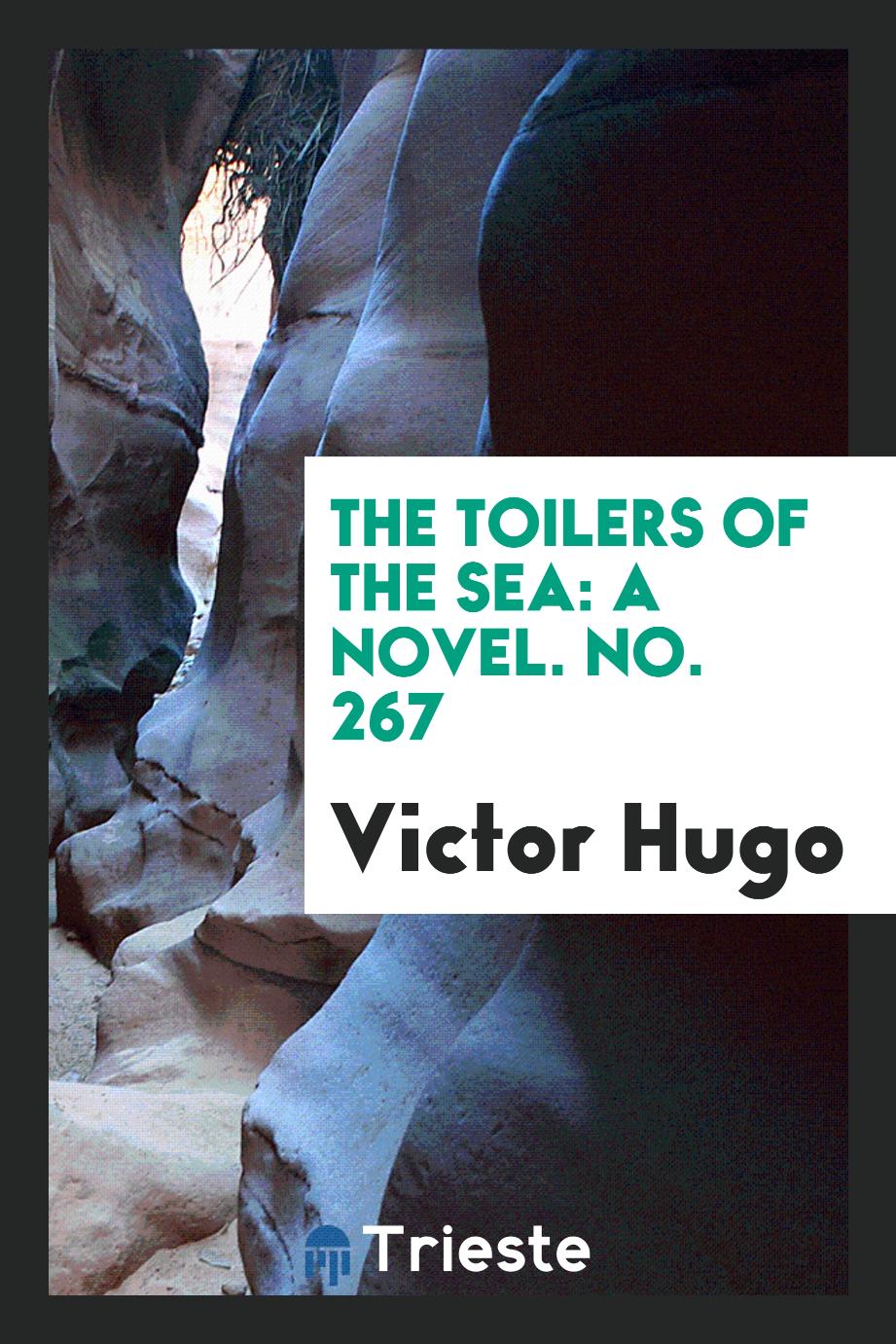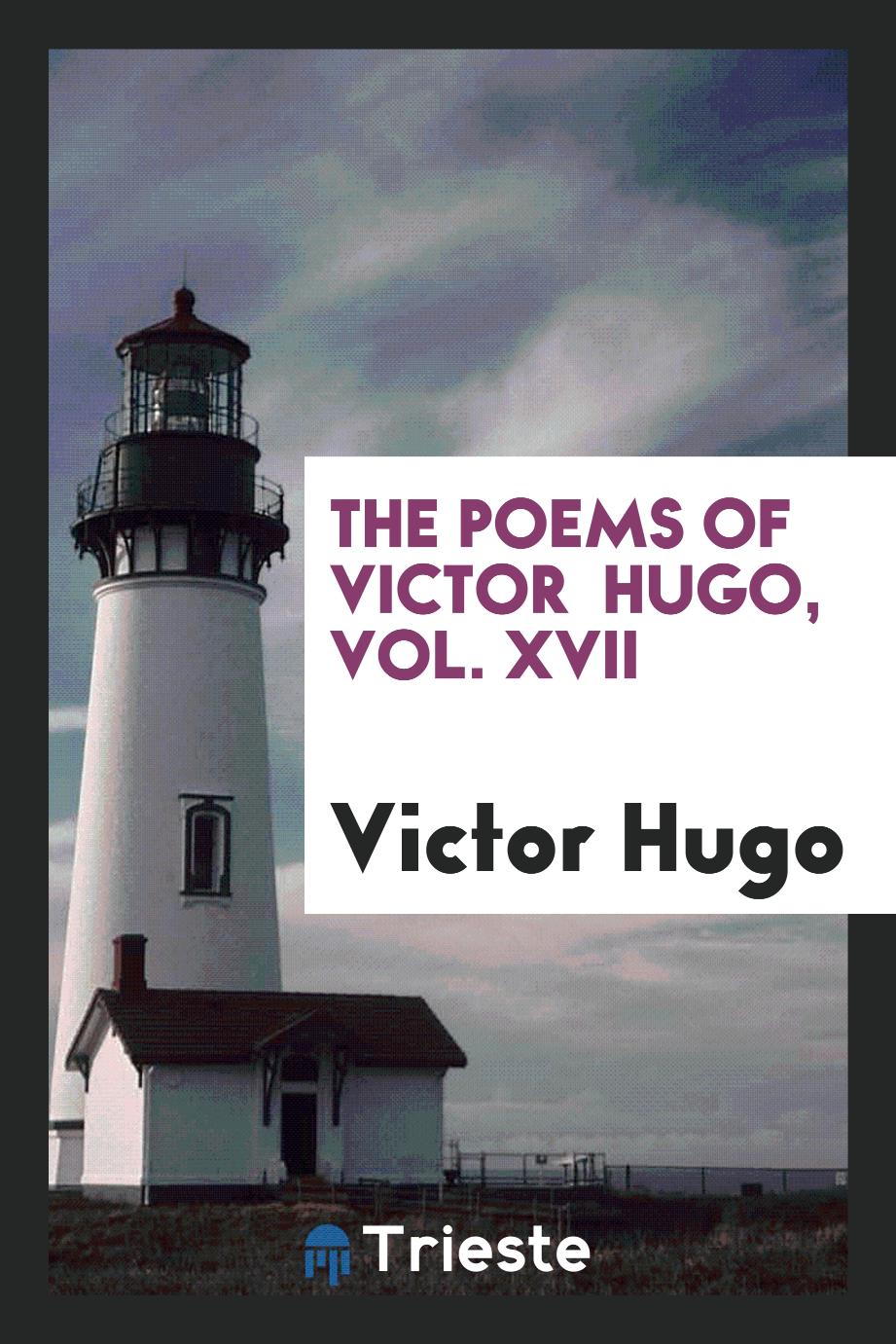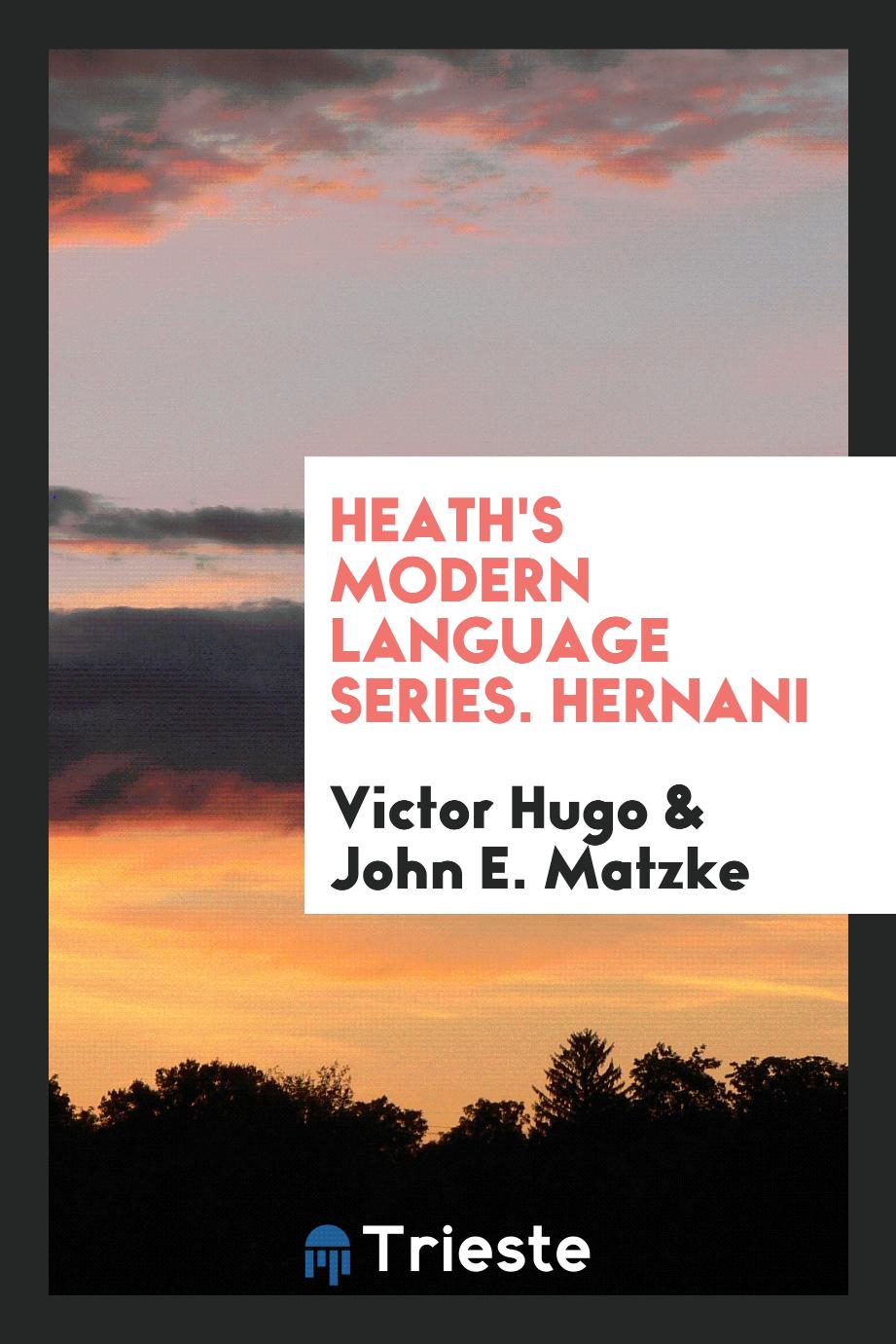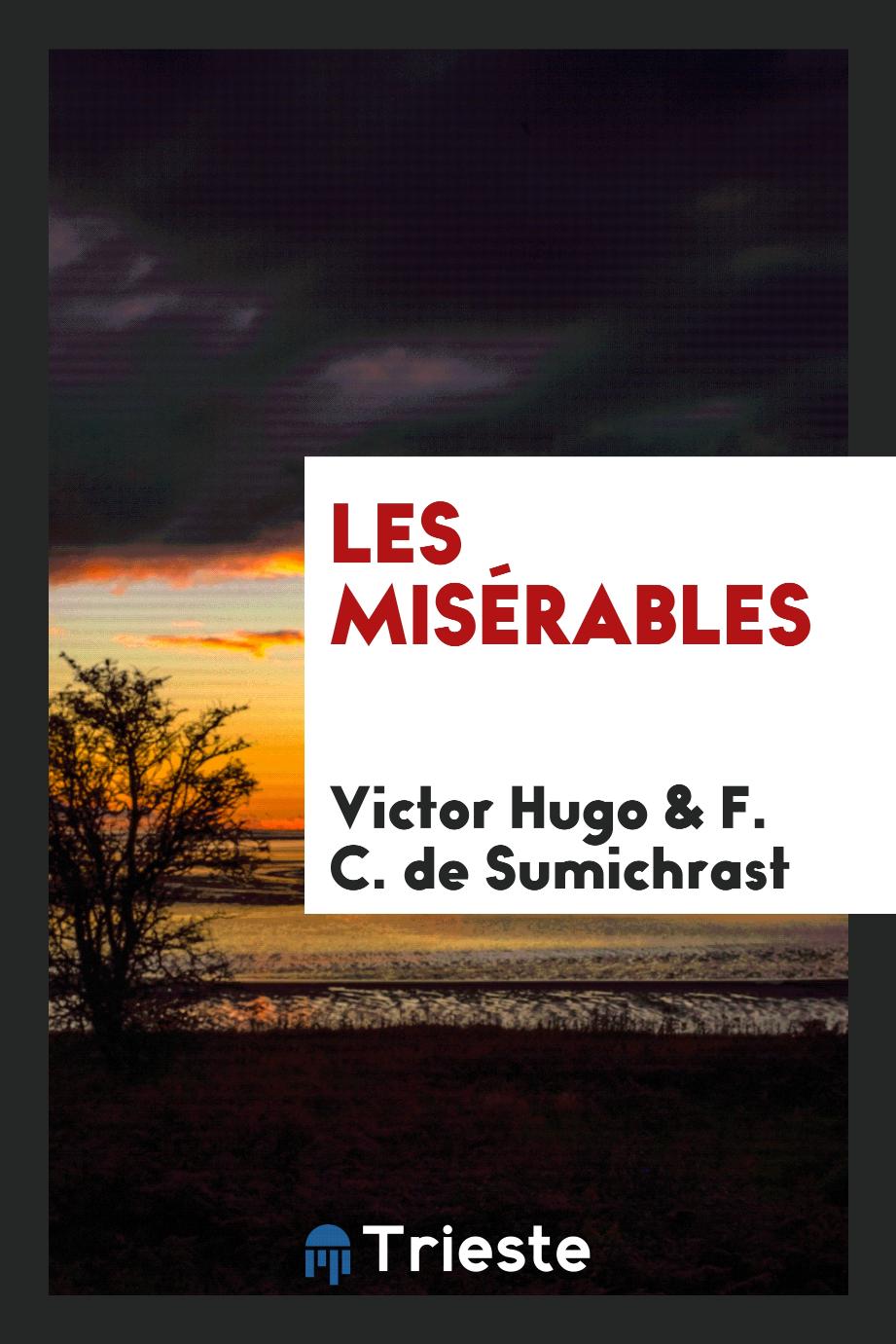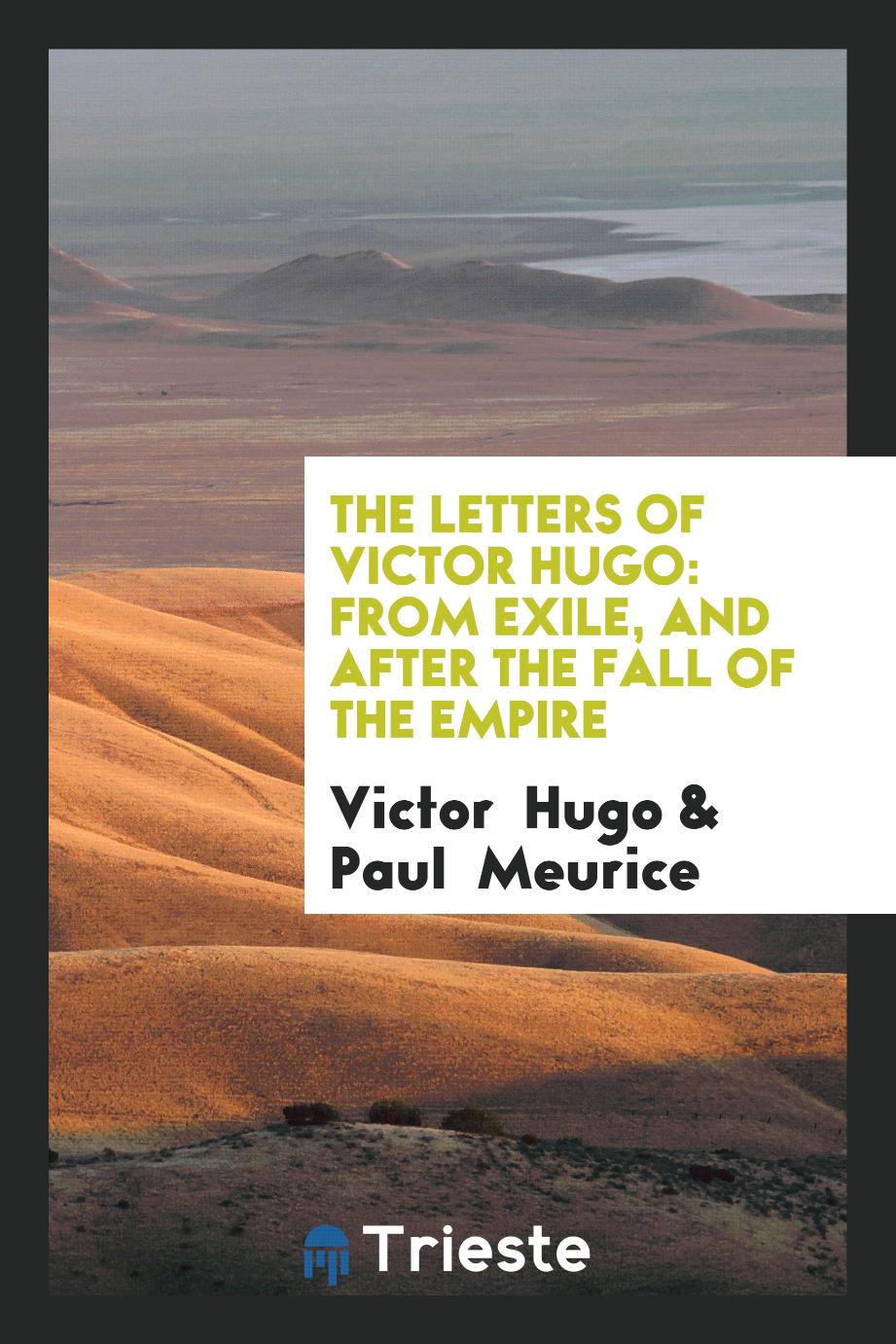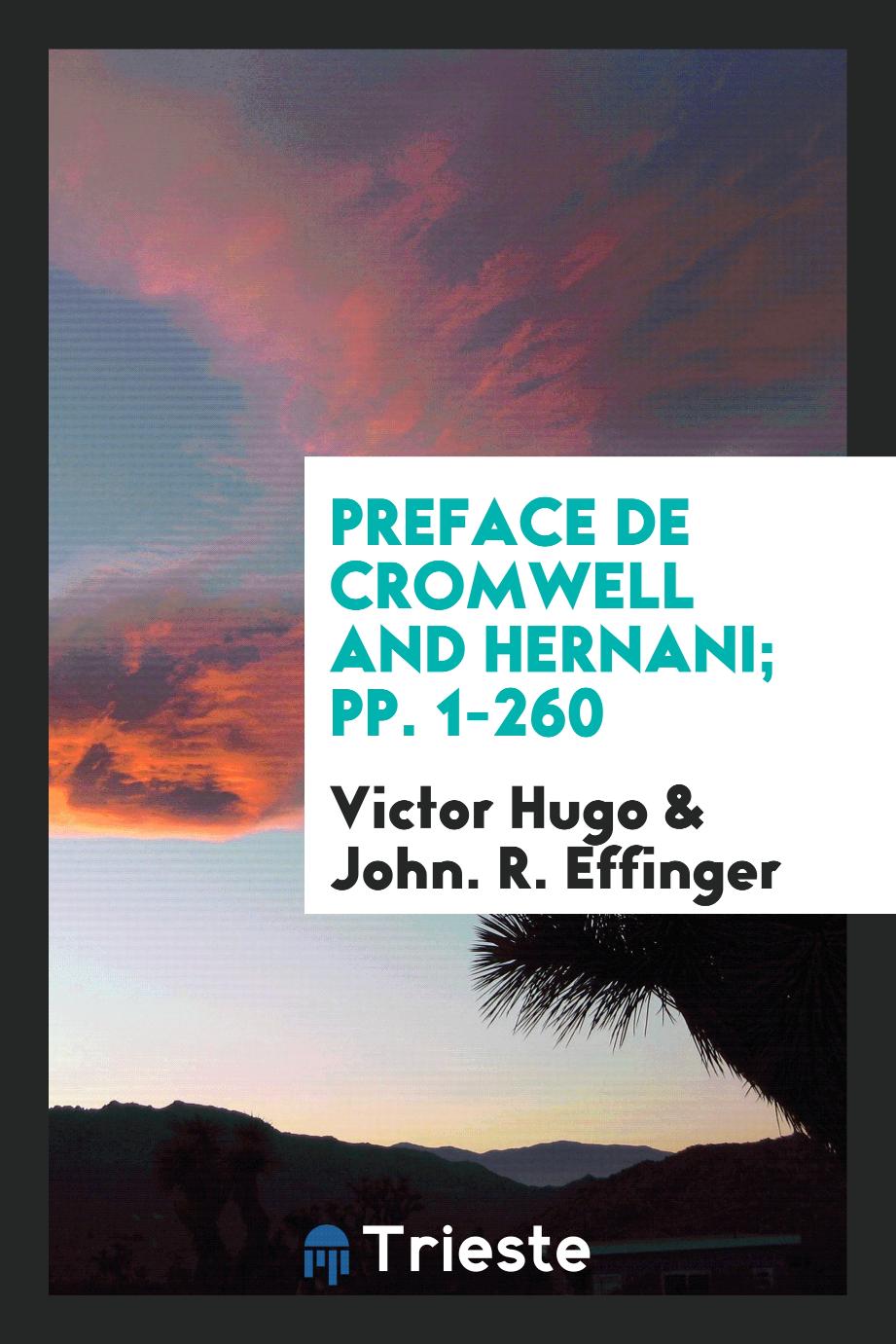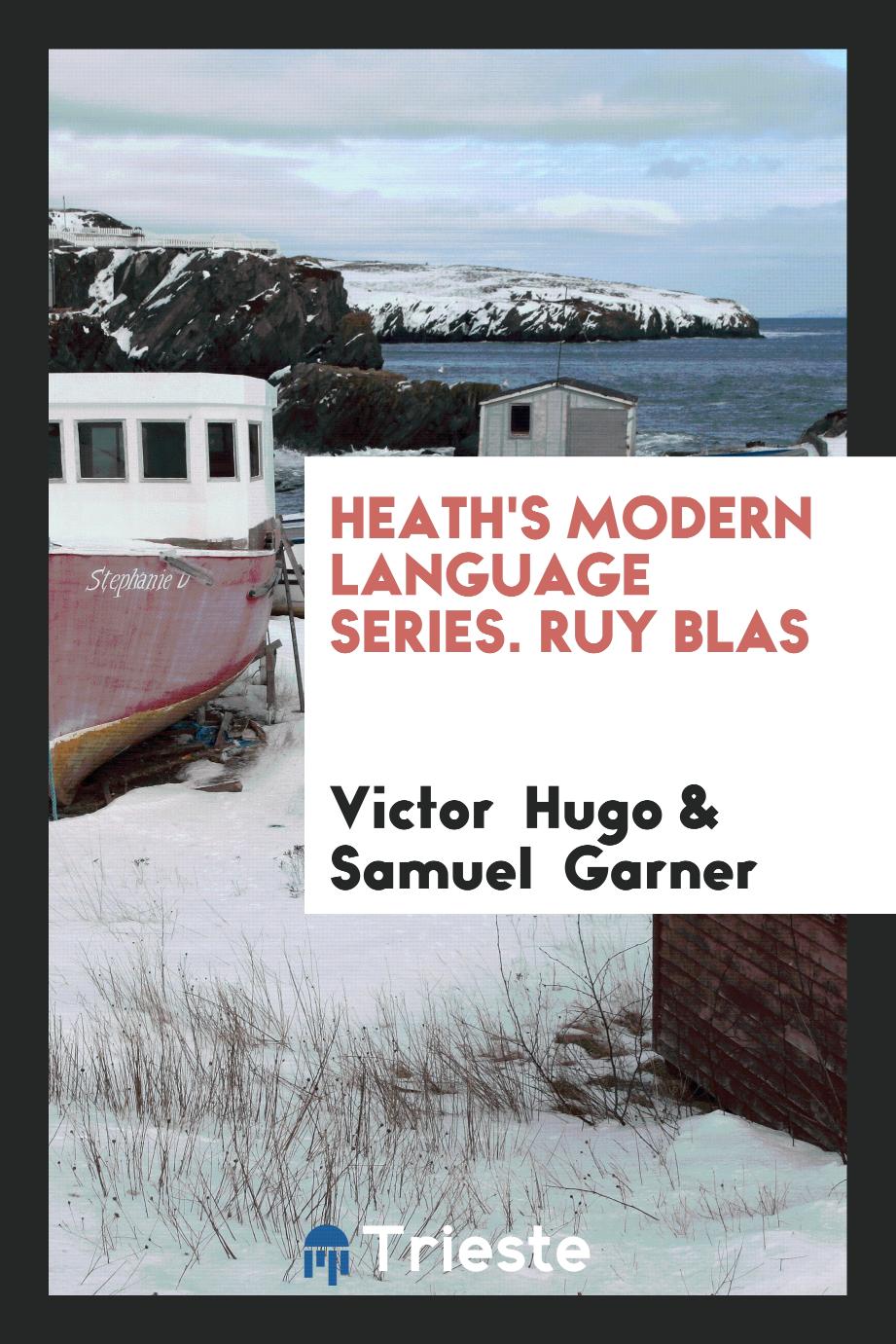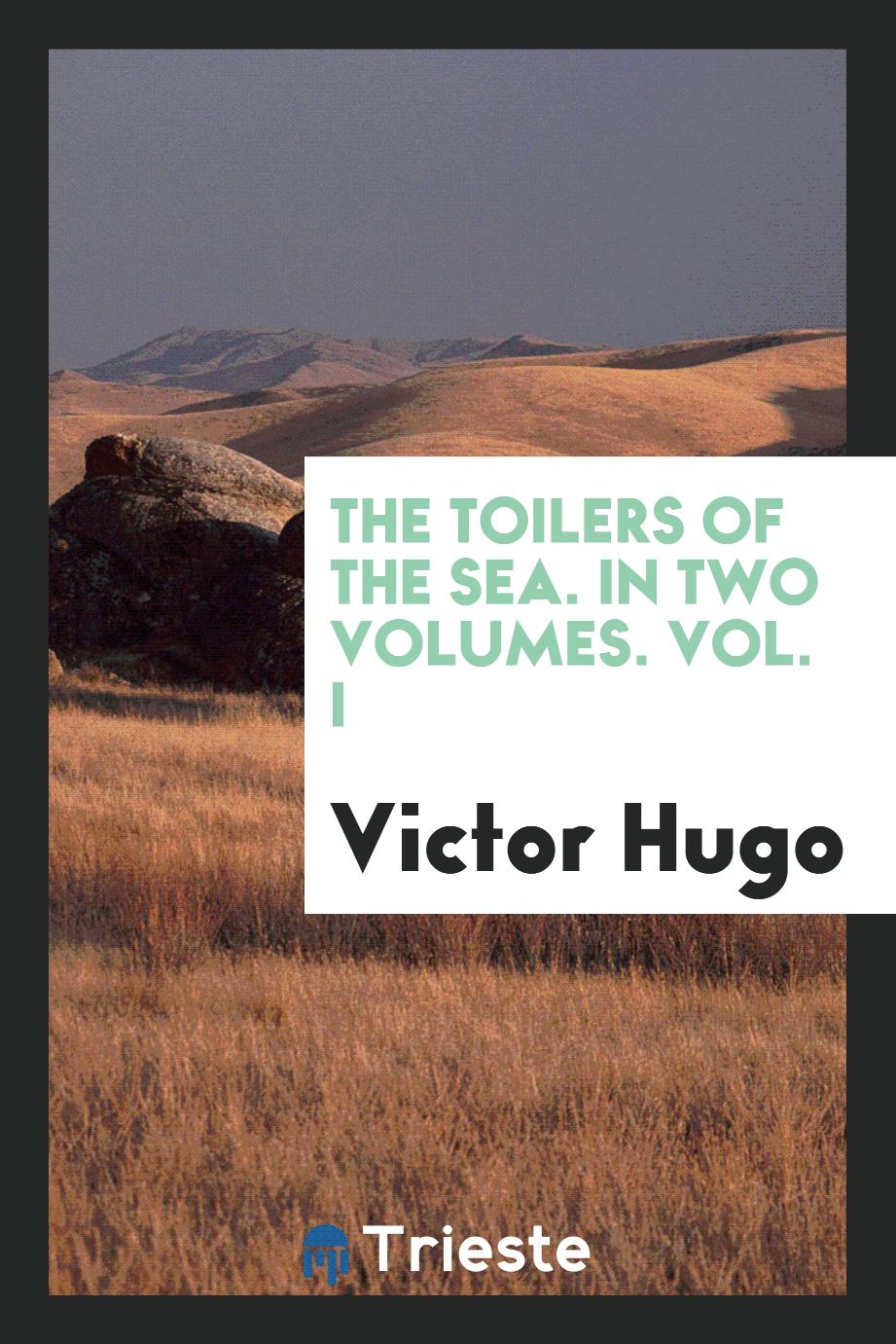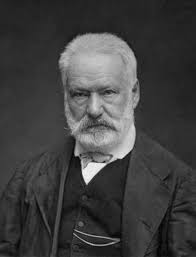
Victor Hugo
Victor Marie Hugo ((26 February 1802) - 22 May 1885) was a French poet, novelist, and dramatist of the Romantic movement. Hugo is considered to be one of the greatest and best-known French writers. Outside France, his most famous works are the novels Les Misérables, 1862, and The Hunchback of Notre-Dame (French: Notre-Dame de Paris), 1831. In France, Hugo is renowned for his poetry collections, such as Les Contemplations (The Contemplations) and La Légende des siècles (The Legend of the Ages). Hugo was at the forefront of the Romantic literary movement with his play Cromwell and drama Hernani. Many of his works have inspired music, both during his lifetime and after his death, including the musicals Les Misérables and Notre-Dame de Paris. He produced more than 4,000 drawings in his lifetime, and campaigned for social causes such as the abolition of capital punishment. Though a committed royalist when he was young, Hugo's views changed as the decades passed, and he became a passionate supporter of republicanism; his work touches upon most of the political and social issues and the artistic trends of his time. He is buried in the Panthéon in Paris. His legacy has been honoured in many ways, including his portrait being placed on French currency. Victor Hugo was the third son of Joseph Léopold Sigisbert Hugo (1774-1828) and Sophie Trébuchet (1772-1821) who was descended from the inventor the trébuchet; his brothers were Abel Joseph Hugo (1798-1855) and Eugène Hugo (1800-1837). He was born in 1802 in Besançon in the eastern region of Franche-Comté. On 19 November 1821, Léopold Hugo wrote to his son that he had been conceived on one of the highest peaks in the Vosges Mountains, on a journey from Lunéville to Besançon. " This elevated origin, he went on, seems to have had effects on you so that your muse is now continually sublime." Hugo believed himself to have been conceived on 24 June 1801, which is the origin of Jean Valjean's prisoner number 24601.
